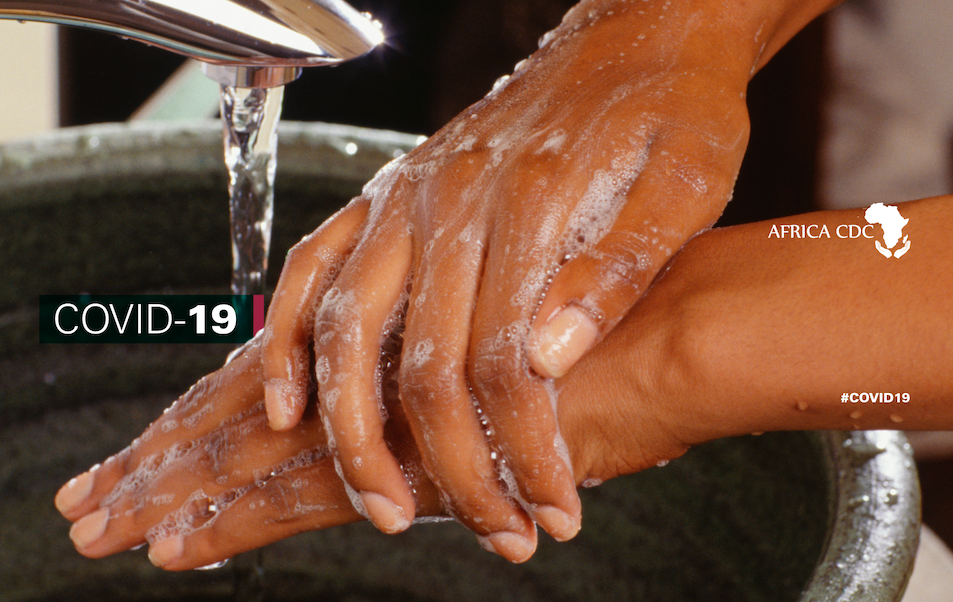Topic Resources
Outbreak Update: As of 3 May 2023, a total of 765,222,932 COVID-19 cases and 6,921,614 deaths (case fatality ratio [CFR]: 1%) have been reported globally by 232 countries and territories to the World Health Organization (WHO).
Outbreak Update: As of 3 May 2023, a total of 765,222,932 COVID-19 cases and 6,921,614 deaths (case fatality ratio [CFR]: 1%) have been reported globally by 232 countries and territories to the World Health Organization (WHO).
Outbreak Update: As of 1 April 2023, a total of 761,402,282 COVID-19 cases and 6,887,000 deaths (case fatality ratio [CFR]: 1%) have been reported globally by 232 countries and territories to the World Health Organization (WHO).
Outbreak Update: As of 21 March 2023, a total of 760,360,956 COVID-19 cases and 6,873,477 deaths (case fatality ratio [CFR]: 1%) have been reported globally by 232 countries and territories to the World Health Organization (WHO).
Agenda 2063 is Africa’s development blueprint to achieve inclusive and sustainable socio-economic development over a 50-year period.
EXECUTIVE SUMMARY










